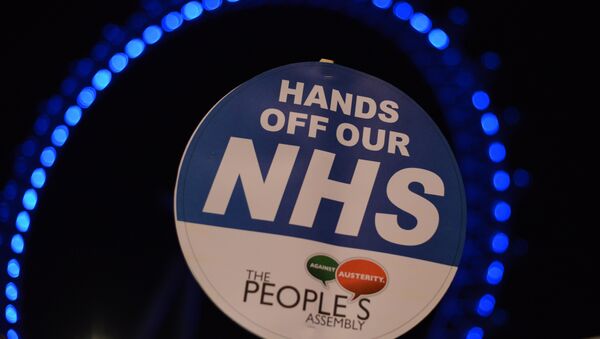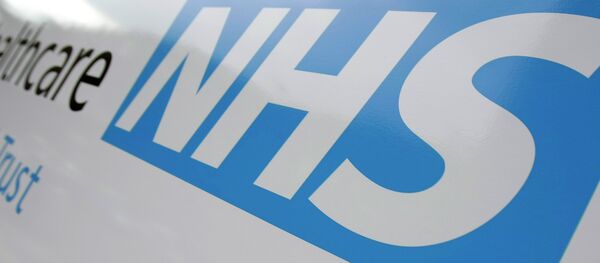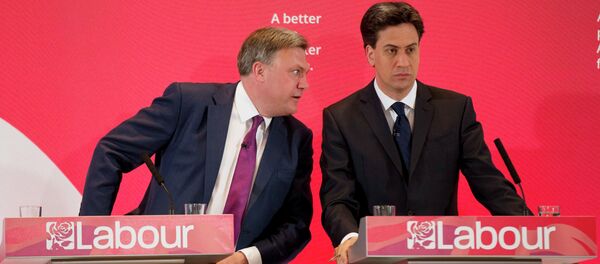BREXIT MOVED BACK UK-US TRADE TIES
Although the United States stood as the United Kingdom’s largest export partner and second-largest import partner in 2015, outgoing US President Barack Obama warned that the decision to leave the European Union, which UK citizens voted for in June 2016, would move London to the "back of the queue" for a separate trade deal.
Together with an unclear situation over the European single market access after Brexit and the pound falling to a three-decade low against the US dollar, the United Kingdom was about to face a very turbulent 2017 trade-wise.
However, Johnson’s trip to Washington to meet Donald Trump’s team on Monday showed positive changes in UK-US trade ties were possible even with the incumbent administration, as US Senate Foreign Relations Committee chairman Bob Corker stated a UK-US trade deal would be the country’s priority.
"We hear that we are first in line to do a great free trade deal with the United States. So, it's going to be a very exciting year for both our countries," Johnson confirmed after his meeting with Corker.
POTENTIAL UK-US FREE TRADE DEAL COULD BOOST CORPORATE POWER, HURT NHS
The announcement of a possible free trade deal between London and Washington raised concerns that it would bear similarities to the seemingly stalled TTIP, a EU-US free trade deal negotiations on which have been ongoing since 2013. Apart from its lack of transparency, opponents of the TTIP in the United Kingdom have mainly criticized the deal for potentially giving tremendous power to international corporations, thus posing threats to workers’ rights and ecological standards.
"We want to be at the back of a queue for a US-UK trade deal led by the administrations of [UK Prime Minister] Theresa May and [US President-elect] Donald Trump. Such a deal would be geared to corporate power, not ‘free trade’, and it would doubtless add secret courts, enforced privatization and deregulation of social and health standards to our existing high trade in goods and services," Mark Dearn, a senior trade campaigner at the London-based anti-poverty charity War on Want, told Sputnik.
The main issue of the deal, according to the expert, has to do with the fact that it could encourage US business interests to take over the British National Health Service (NHS) via the establishment of the Investor State Dispute Settlement (ISDS) through which foreign investors could sue the UK government over its policies that hurt their businesses.
Nevertheless, the potential privatization of the NHS in case the TTIP or any other free trade deal is sealed has even caused the leaders of most major opposition parties in the United Kingdom to sign an appeal in October 2016, asking to exempt the government health service from the agreement.
"As under TTIP, the NHS would be offered up to US corporations – Donald Trump is fundamentally opposed to public healthcare, while the UK government is equally loathe to maintain public services. We also know that the US and UK favour a wholly secret ISDS ‘corporate court’ system without any recourse to appeals," Dearn warned.
According to the law professor, "secret" ISDS courts should not be an issue, since their standard confidentiality has been more transparent recently, while worker’s rights and environmental protections are common in investment treaties.
"Governmental services like the NHS would not be included in an FTA with the US as these types of services are normally excluded. The anti-TTIP rhetoric is mostly scare mongering that serves the interests of firms which know that they are unable to compete with foreign firms because they are over-charging consumers or offering low quality goods / services which won’t survive in an open market," Collins concluded.
Indeed, UK Minister for the Cabinet Office Ben Gummer has repeatedly pledged during his term as Parliamentary Undersecretary of State for Health Services that future trade deals would never set rules governing how the NHS is run and the UK government would continue to protect NHS and public services.





